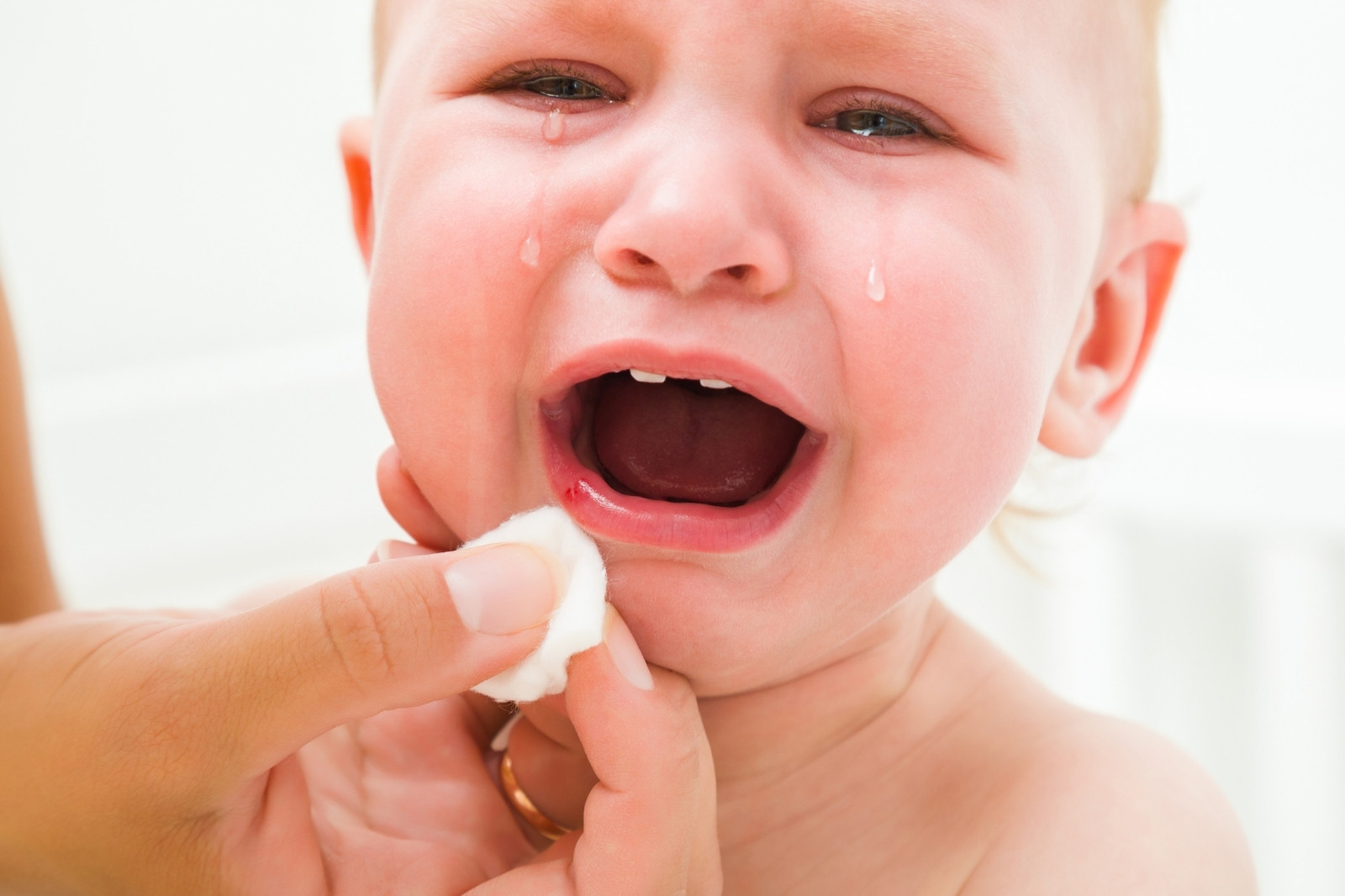If you've ever suffered a mouth injury, you know how inconvenient and painful it can be. Mouth injuries can occur for various reasons, from biting your lip to being struck in the face. Regardless of how the injury occurred, it's important to take care of it properly so that you can heal quickly and without complications. In this blog post, we'll discuss dealing with wounds or cuts in your mouth. We'll also cover some examples of mouth injury.
How Cuts and Wounds Can Develop in the Mouth
Wounds and cuts in the mouth can develop from a variety of causes. Common causes include:
Biting Your Tongue
If you bite your tongue while eating, drinking, or talking, it can cause a cut or wound. This is especially true if you have braces or other dental appliances that can irritate your tongue.
Oral Piercings
Another common cause of mouth wounds is oral piercings. If the jewelry is too long or sharp, it can cut the inside of your mouth. Infection is also a risk with oral piercings.
Trauma to the Mouth
Trauma to the mouth can occur from a fall, car accident, or other types of unexpected incidents. Sports injuries are also a common cause of mouth trauma.
Chewing on Hard Foods
Chewing on hard foods, such as candy or popcorn kernels, can also lead to cuts and wounds in the mouth. If you have braces, you're especially susceptible to this type of injury.
Mouth Sores
Mouth sores, such as canker sores and cold sores, can also lead to cuts and wounds in the mouth. Canker sores are small ulcers that form on the soft tissue in your mouth. Cold sores are caused by the herpes simplex virus and usually appear on the lips but can also form inside the mouth.
How to Deal with Mouth Injury
There are various ways of dealing with a mouth injury, depending on the severity of the wound.
Rinse with Warm Water
For minor cuts and wounds, you can rinse your mouth with warm water to cleanse the area. The almost-hot water will help to kill bacteria and promote healing. This method is also effective for mouth sores.
Use an Antiseptic Mouthwash
If you can't get the wound to stop bleeding, you should use an antiseptic mouthwash. This will help to cleanse the area and prevent infection. An antiseptic mouthwash will also help to reduce pain and swelling.
Apply a Cold Compress
Applying a cold compress to the outside of your mouth can also help to reduce pain and swelling. Do this for 10-15 minutes at a time. When cold compressing, be sure not to put the ice directly on your skin as this could cause an ice burn.
Take Pain Medication
If the pain is severe, you may need to take pain medication. Over-the-counter options, such as ibuprofen, can be effective. If the pain is still severe, you may need a prescription-strength medication from your doctor.
Use Salt Water
If your wound is more serious, you may need to rinse with salt water. This will help to cleanse the area and reduce swelling. This method is also effective for mouth sores. To make salt water, mix one teaspoon of salt with 8 ounces of warm water. Rinse your mouth for 30 seconds, and then spit it out.
Apply Pressure
If your wound is bleeding, you'll need to apply pressure to stop the bleeding. Use a clean cloth or gauze to apply pressure for 10-15 minutes. If the bleeding doesn't stop, seek medical attention.
Examples of Common Mouth Injuries
Various types of mouth injuries can occur. Here are some common examples:
Bitten Lip
A bitten lip is a common type of mouth injury that can occur from biting your lip, being hit, or other trauma. A bitten lip will usually heal on its own within a week. However, if the cut is more profound, you may need stitches.
Bitten Tongue
A bitten tongue is another common type of mouth injury. This can occur from biting your tongue, eating hard foods, or other trauma. A bitten tongue will usually heal on its own within a week.
Canker Sore
A canker sore is a small ulcer that forms on the soft tissue in your mouth. Canker sores are usually painful and can make it difficult to eat or speak. They usually heal on their own within a week or two.
Mouth injuries are common and can range from minor to severe. Depending on the severity of the injury, there are various ways of dealing with it. If you’re unsure how to deal with your mouth injury, visit us at the Upper Hunt Club Dental Centre in Ottawa to be consulted. Contact us today to schedule an appointment.













